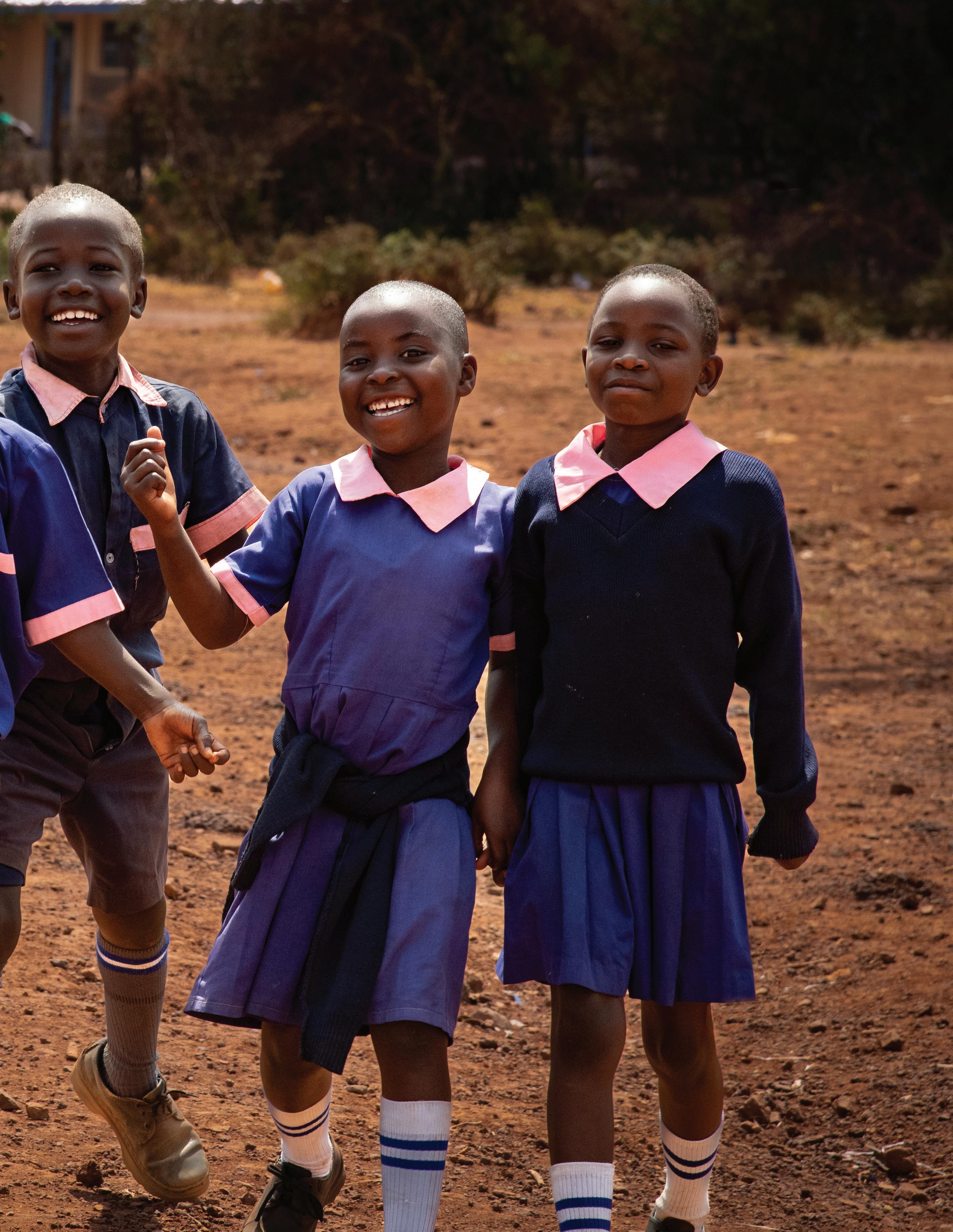IMPACT REPORT


Our mission is simple— we believe safe water is a human right. We design beautiful, simple and functional products to provide people with the highest protection from unsafe water, no matter where they live or where
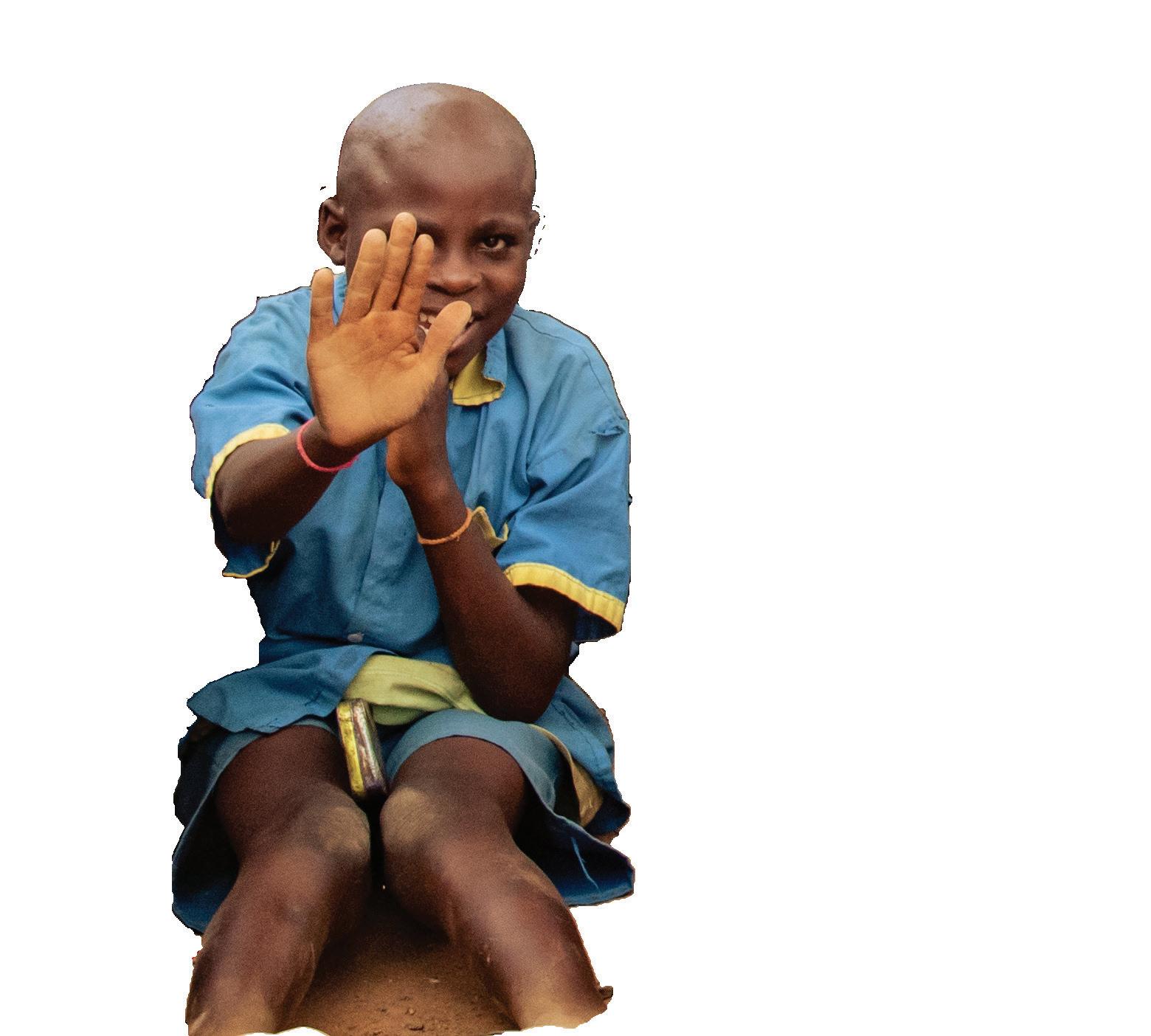



Our mission is simple— we believe safe water is a human right. We design beautiful, simple and functional products to provide people with the highest protection from unsafe water, no matter where they live or where

One of the challenges we've tackled head-on is the burden placed on girls, who are often tasked with fetching water from distant sources, thereby hindering their access to education.
As we reflect on the impact and achievements of the past year, I am grateful for the support and dedication of our community to providing access to safe water and promoting gender equity worldwide. In 2023 alone, we received 49,462 contributions from customers and our community to support our safe water work in places like Gaza, Ukraine, South Sudan, Türkiye, Syria, Malawi, Morocco, and even Maui. In 2023, LifeStraw faced financial challenges of a down year that was common across the industry, but this did not change our commitment to safe water access; we expanded our Give Back

Program to 3 new regions in Ghana, Haiti and Venezuela, reached 101,859 people through emergency response efforts, and continued our support for Guinea Worm eradication in partnership with the Carter Center by donating 1,153,000 guinea worm filters.
At LifeStraw, we firmly believe in the critical connection between access to safe water, hygiene, and the empowerment of women and girls. We approach all of our safe water programming through a gender equity lens, understanding that sustainable development hinges on addressing the unique challenges faced by women and girls.
One of the challenges we've tackled head-on is the burden placed on girls, who are often tasked with fetching water from distant sources, thereby hindering their access to education. While providing water purifiers addresses one aspect of this issue, it doesn't fully alleviate the educational barriers girls face. In response, we've implemented initiatives
such as integrating rainwater catchment systems and water tanks into our programming. Not only do these efforts ensure safe water access, but they also alleviate the burden on girls, allowing them to remain in school and pursue their dreams.
In line with our commitment to gender equity, we proudly launched our new menstrual health and hygiene program in 2023. This initiative directly confronts gender inequities by providing girls with reusable hygiene underwear and comprehensive education, fostering dignity, and breaking menstrual taboos that often hinder their participation in education and society. By addressing the intersectionality of safe water, hygiene, and gender equity, these efforts contribute to more inclusive and sustainable development outcomes. We are grateful for the support of our board and local team in Kenya for getting this program off the ground in 2023 and reaching 1,756 girls with comprehensive menstrual health this past year.
I am also proud that we’ve continued our commitment to
environmental sustainability, maintaining our carbon neutral status, utilizing sustainable materials and packaging, and continuing to implement water stewardship practices in testing and manufacturing.
I'm thrilled to share some of the accomplishments we've achieved together in 2023:
Social Impact:
18,000 filters sent to Gaza
9,680,105 kids with access to safe water through LifeStraw’s Give Back Program
102,725 people reached through the safe water fund emergency response
3 NEW Give Back programs launched in Haiti, Venezuela, and Ghana
1,756 girls with access to comprehensive menstrual health through our new program, SafiCycle
1,153,000 Guinea worm filters donated to the Carter Center to support eradication
Environmental Impact:
134,956,708 plastic water bottles offset through the use of LifeStraw products
5,226 tonnes of carbon emissions offset
580,000 gallons of water saved in testing optimization
These accomplishments are a testament to the collective efforts of our team, partners, and supporters who share our vision of a world where every individual has access to safe, clean water and the opportunity to thrive.
As we look ahead, let us continue to work together to amplify our impact, empower communities, and ensure equitable access to safe water.
3 GIVEBACK PROGRAMS NEW
5,226 CO2
tonnes of carbon emissions of fset
launched in Haiti, Venezuela, + Ghana, reaching
149,400 kids

18,000
1,153,000
Guinea worm filters donated to the Car ter Center to suppor t eradication
8, = 1,000 FILTERS = 100 GIRLS
1,756 girls with access to menstrual health
9,680,105 kids with access to safe water through LifeStraw’s Give Back program
580,000 gallons of water saved in testing optimization
102,725
people reached through Safe Water Fund emergency response = 10,000 KIDS = 10,000 people

The award-winning portable LifeStraw personal water filter evolves from the Guinea worm filter. It removes bacteria and parasites, the main causes of waterborne illness.

LifeStraw’s parent company, Vestergaard, begins working with The Carter Center, to design a simple mesh filter to remove Guinea worm from drinking water.
Vestergaard builds and finances the Emusanda Health Center in Western Kenya to ensure access to health services, including HIV/AIDS treatment.
The LifeStraw Carbon for Water campaign uses carbon financing to provide 4 million people in Kenya with sustainable access to safe drinking water.

LifeStraw launches its Give Back program through which, for every LifeStraw product sold, one child in need receives safe water for an entire year.
LifeStraw wins an outdoor industry inspiration award for achievement of over 1 million kids reached with a year of safe water.

LifeStraw Home, a water filter pitcher that addresses serious tap water quality issues, is introduced. It is the first LifeStraw product to enter the home + lifestyle market.
LifeStraw officially becomes a B Corp!
LifeStraw becomes Climate Neutral certified, offsetting all annual greenhouse gas emissions. And our Give Back program reaches over 4.6 million kids with a year of safe water.
LifeStraw launches a new product line made completely from post-consumer recycled material, with 100% plastic-free packaging.
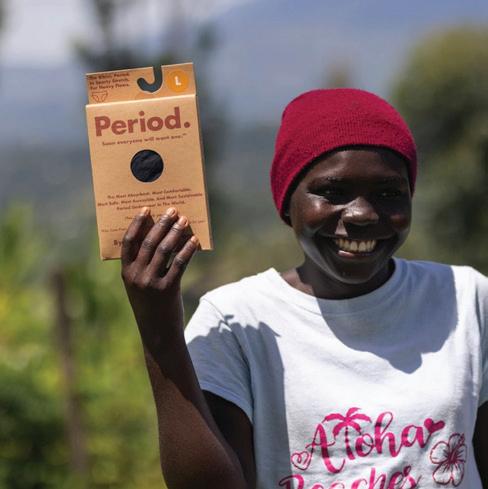
LifeStraw expands its Give Back program to three new regions, and launches a new menstrual health and hygiene program—reaching 1,756 adolescents in Western Kenya.
Since our inception, we've been in business to do good. In 2019, we became a certified B Corp, joining a global community of thousands of businesses that meet the highest standards of accountability and transparency. This third-party certification allows us to further our commitment to social and environmental responsibility. As a B Corp, we strive to balance profit with purpose, aiming to make a positive impact on people and the planet.
In 2019, our score was 96.5.

Based on the B Impact assessment, LifeStraw earned an overall score of 96.5. The median score for ordinary businesses who complete the assessment is currently 50.9.



We are committed to working towards the UN Sustainable Development Goals. We emphasize sustainable design and sourcing practices to reduce environmental impact and uphold ethical manufacturing standards. Our products not only offer access to clean, safe drinking water but also contribute to a significant reduction in the consumption of single-use plastic bottles. In our packaging, we prioritize environmentally-friendly materials and minimize excess usage. We partner with diverse stakeholders to provide access to safe drinking water and implement various other public health interventions worldwide—participating in a collective effort towards a healthier, more equitable and sustainable world.
Our products and our impact work have both direct and indirect effect on eight of the goals.
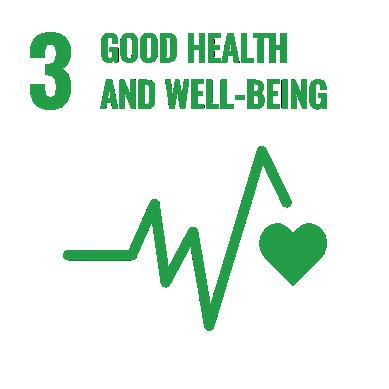



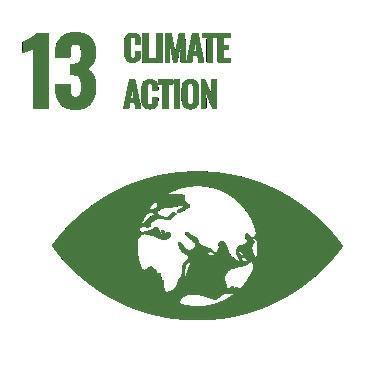



149,400 kids with safe water in our newly expanded Give Back countries
1,153,000
COMMUNITY GUINEA WORM
HUMANITARIAN INSTITUTIONAL
Guinea worm filters to The Carter Center.

In 2023, LifeStraw donated 1,153,000 LifeStraw Guinea worm filters to The Carter Center.
LifeStraw started as an effort to eradicate Guinea worm disease.
Guinea worm is a painful, parasitic infection that is contracted when people consume water from stagnant sources contaminated with Guinea worm larvae. Inside the human body, Guinea worm larvae mate and female worms grow. After a year of incubation, the female Guinea worm (now up to three feet in length), slowly emerges from the human, causing fever, swelling and agonizingly painful lesions on the skin. Guinea worm incapacitates people for extended periods of time, leaving them unable to care for themselves, work, grow food or attend school, further exacerbating the impact of the disease.
Prevention of Guinea worm disease focuses on providing safe drinking water and health education.
The Carter Center Guinea worm eradication program was established, the nonprofit has worked tirelessly with ministries of health to stop the spread of the disease by providing health education and community-based interventions.
LifeStraw partnered with The Carter Center to design a simple mesh filter to remove Guinea worm larvae from drinking water.

Guinea worm cases reached an historic low; only 13 human cases were reported in just four countries.

When Guinea worm is eradicated, it will be the first disease to be removed from the planet without the use of a vaccine.
LifeStraw is committed to supporting The Carter Center through eradication.

Since its inception in 2014, the LifeStraw Give Back program has provided
9,680,105 KIDS WITH A YEAR OF SAFE WATER

One LifeStraw Community purifier provides approximately 100 kids with safe drinking water. When you purchase any LifeStraw product, a portion of that profit helps fund the distribution of a LifeStraw Community to a school, as well as comprehensive training and education, and ongoing maintenance and spare parts for five years.
We don’t have a one-for-one give back model, and there’s a reason. Not every LifeStraw product serves every context or water need. We have a portfolio of products designed specifically for low-resource and humanitarian settings.
We don't simply distribute products and leave. We provide on-site education, training, and ongoing support throughout the year. This approach allows us to establish and nurture relationships with schools and communities, ensuring that our purifiers are utilized correctly and kept in good condition.
We commit to a five-year partnership with every school we work with. This includes assigning dedicated staff and resources to guarantee the sustainability of our program in the long term. We continue to renew these commitments every five years until schools can independently provide safe water to all their students.
We prioritize local hiring; our programs are managed by local staff who come from the communities they serve. In Western Kenya, for example, we have a team of 40 full-time employees responsible for all aspects of the program.

2023 GIVE BACK TOTALS
3,465 schools
1,906,709
kids with a year of safe water
We’re thrilled to announce that in 2023, we successfully expanded our Give Back program to three new regions—reaching over 149,400 kids with safe drinking water in Venezuela, Haiti and Ghana.
While our model has worked well in Kenya, where we have an established footprint and trusted relationships with key stakeholders—we recognized the challenge of replicating this model elsewhere. This lead us to pilot the expansion of our Give Back program through trusted partners already deeply familiar with our products and established, long-term presence in the regions.

WATER INSECURITY: In Venezuela, the economic collapse has made safe water a luxury; nearly 8 out of 10 Venezuelans do not have continuous access to safe drinking water and basic sanitation.
PARTNER: Chamos—In Aid of the Children of Venezuela, who has been supporting and empowering children, families and communities in Venezuela since 2007.
IMPACT: 282 LifeStraw Community purifiers and 40 LifeStraw Max purifiers, reaching over 48,200 kids with safe drinking water in 130 schools and community centers in 17 out of the 24 states in Venezuela.

WATER INSECURITY: Two-thirds of the population live in poverty, and more than half of rural Haitians do not have access to safe water.
PARTNER: Unlocking Communities is a local social enterprise whose mission is to provide low-income communities in Haiti with the tools to create business opportunities as a way to improve health and create long-lasting economic impact.
IMPACT: 300 LifeStraw Community and 100 LifeStraw Max, reaching over 80,000 kids in 130 schools

WATER INSECURITY: The majority of communities living along the Volta Lake, River and coastline rely on contaminated water sourced which have been confirmed to contain bacteria, parasites, viruses, and other pollutants, resulting in documented high rates of waterborne diseases including dysentery, schistosomiasis, river blindness and infant mortality.
PARTNER: Volta Revival Foundation is a community-based nonprofit in Ghana dedicated to holistic development in partnership with communities. Their mission is to partner with local change makers to establish stronger, healthier and more sustainable communities with the aim of ending child forced labor and trafficking.
IMPACT: 200 LifeStraw Community purifiers and 2,000 LifeStraw Family purifiers –reaching 27 community schools, 4 clinics and 2,000 students’ households. The program provided safe drinking water to over 30,000 individuals, including more than 23,000 people in households and 11,000 schoolchildren, with over 5,000 of the children receiving filters both at home and school, and 2,000 children who live at the schools. About 400 school staff also benefited from the program, as well as 10,000 patients served annually at the clinics.
In addition to provision of safe drinking water, the program incentivizes families to ensure their children are enrolled and attending school—with a subgoal of working with schools to end child trafficking and forced labor.
During implementation of the Give Back Ghana program, many of the communities experienced catastrophic flooding from the Akosombo dam when the spill gates were opened due to upstream floods. This caused mass displacement for tens of thousands of people along the Volta River Basin. VRF collaborated with the National Disaster Management Organization, to help provide shelter, food and LifeStraw water filters.
Safe water is a human right. Yet, millions globally are denied this right each year, most often due to the rising frequency and intensity of climate-related disasters and man-made humanitarian crises.
Through partnerships with diverse stakeholders, spanning from local community members to large UN agencies, LifeStraw provides access to safe drinking water to those who need it most during natural disasters and humanitarian emergencies.
Through our Safe Water Fund and 501(c)3 nonprofit fiscal sponsor, we are able to crowd source funding from like minded individuals, corporations, foundations and brands to greatly expand our reach. These funds are dedicated exclusively to covering the costs associated with producing and distributing filters to communities in need.

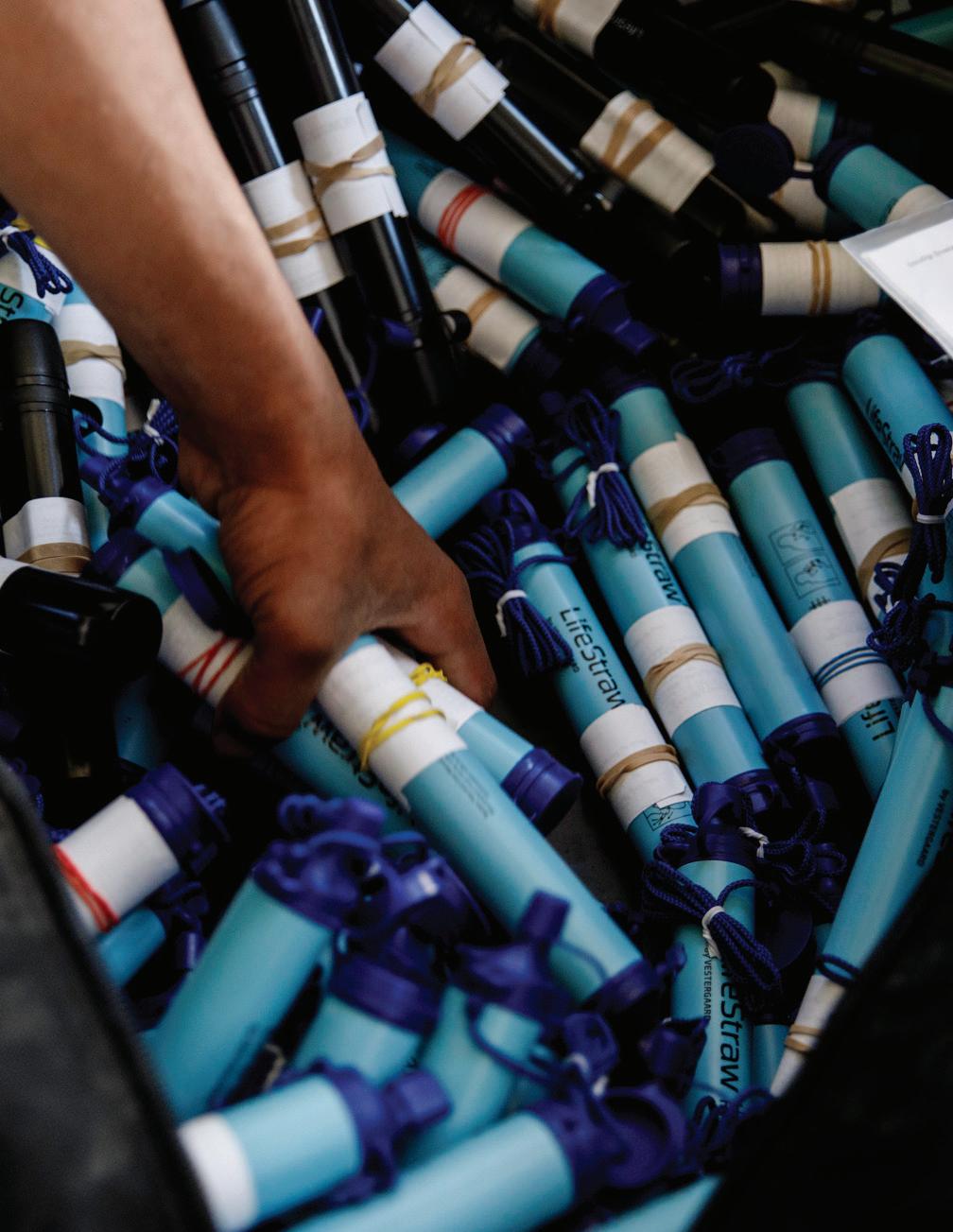

PARTNER HIGHLIGHT:
Deploy Technologies is an innovative tech company that designed and manufactures the first-ever air-deployed, ready-to-use water tank, manufactured with a concretefilled fabric. In response to the earthquakes, Deploy supplied 15 water tanks to be used in shelters for displaced survivors. Their engineers were able to retrofit the LifeStraw Max to their innovative water tanks, ensuring access to safe, potable water.

2,078 filters + purifiers provided (478 in Türkiye + 1,600 in Syria)
13,400 people with safe drinking water
On February 7, 2023, two devastating earthquakes (magnitudes 7.8 and 7.5), struck southern Türkiye and northern Syria – followed by tens of thousands of aftershocks. The quakes killed nearly 60,000 people, displaced millions, and destroyed critical infrastructure. In Syria, the earthquakes exacerbated the effects of ongoing war, deepening the humanitarian crisis.
PARTNERS: Deploy Technologies, World Vision, Yeditepe University, Syria Relief & Development, Ideas Beyond Borders
1,760 filters + purifiers provided

5,068 people with safe drinking water
The war in Ukraine continues to inflict immeasurable human suffering, deaths and destruction. By the start of 2024, 14.6 million people were in need of humanitarian assistance in Ukraine, about 40% of the population. Some 6.3 million people have fled the country and remain refugees, mostly across Europe.
The destruction of the Kakhovka Dam on June 6 unleashed floodwaters across southern Ukraine, destroying entire villages and farmland, and leaving tens of thousands of people without power, sanitation or safe water. Due to the destruction of critical infrastructure and environmental contamination like rotting fish and flooded cemeteries, people are at high risk for waterborne diseases.
PARTNERS: Unlocking Communities, AURA Ukraine, D.A.W.N

In March, record-breaking storm Cyclone Freddy tore through southern Malawi – triggering devastating mudslides and flooding that killed more than 400 people and left over 90,000 displaced from their homes. Freddy caused widespread destruction, including to local water and sanitation systems.
PARTNERS: Othakarhaka Foundation, Shire Highlands Development Trust, Daughters of Wisdom, Living Water, River of Life Church
100 filters + purifiers provided
8,347 people with safe drinking water

24 filters + purifiers provided
2,400 people with safe drinking water
In May, deadly Cyclone Mocha made landfall in Bangladesh and Myanmar. Shanty camps on the coast of Bangladesh were some of the hardest hit, leaving hundreds of thousands of Rohingya refugees homeless.
PARTNERS: Save the Children, Friendship, Baitus Sharaf Hospital, Hope Foundation

1,474 filters + purifiers provided
7,494 people with safe drinking water
In August 2023, wildfires devastated the Lahaina community on the island of Maui. Over 100 people were killed in the fires, and thousands more lost their homes, and access to basic necessities including food, water, and shelter.
PARTNERS: Third Wave Volunteers, Maui Rapid Response, Pacific Whale Foundation, MODO for the People


Acute water shortages and rationing due to climate change-induced droughts have led to poor sanitation and disease outbreaks across Africa.
Since October 2022, Kenya has faced a multicounty cholera outbreak; as of May 2023, over 10,300 cases and 166 deaths had been reported. LifeStraw’s local staff in Western Kenya has been responding to the nationwide cholera outbreak from the beginning.

3,910 filters + purifiers provided
58,444 people with safe drinking water

10 community purifiers provided
1,000 people with safe drinking water
In September, Morocco was struck by a devastating 6.7 magnitude earthquake. The tremor originated near the town of Adassil, in the High Atlas Mountains, causing widespread destruction across the region. Homes, buildings, roads and other critical infrastructure was severely damaged, causing thousands of deaths and injuries and leaving hundreds of thousands more displaced. It also disrupted essential services like electricity and water supply, exacerbating the already dire humanitarian situation.
PARTNER: High Atlas Foundation

In October, a series of powerful earthquakes and aftershocks devastated the western Herat province of Afghanistan, crumbling entire villages. Homes, schools, health clinics, roads and water distribution lines were all destroyed, and thousands of people were killed and injured. Months later, many displaced families are still living in tents and struggling to access food, warm clothing and safe water.
PARTNER: Action for Development
20 community purifiers provided
2,000 people with safe drinking water
Even before Oct. 7, Palestinians struggled to access safe drinking water.
In the years prior to the current crisis, water for bathing and laundry came mostly from a coastal aquifer that had become contaminated. For drinking water, 90% of Palestinians in Gaza purchased their potable water from the over 150 desalination plants. Two Israeli pipelines also supplied some potable water.
Now, 97% of the water in Gaza is unfit for consumption, worsened by the shutdown of crucial sanitation and desalination facilities due to fuel blockades and relentless bombardments. Israel has also continued to cut off pipes supplying drinking water, pushing families to use unsafe sources with high salinity and pollution levels.
Now, over 1.5 million people—nearly half of them children—are displaced in Rafah, the southern most point of Gaza, due to constant bombardments and destruction of infrastructure, seeking refuge in makeshift shelters and tents where sanitation is almost nonexistent.
This combination poses extreme risk of waterborne diseases, such as cholera and chronic diarrhea. The impact is particularly devastating for children who are more susceptible to dehydration, diarrhea, disease and malnutrition; our partners on the front lines have reported exceptionally high rates of vomiting and diarrhea, especially among very young children. Already, officials have recorded almost 20 times the monthly average of reported cases of diarrhea among children under the age of 5, in addition to increases of cases of scabies, lice, chicken pox, skin rashes and more than 160,000 cases of acute respiratory infection.

“Access to sufficient amounts of clean water is a matter of life and death, and children in Gaza have barely a drop to drink,” said UNICEF Executive Director Catherine Russell. “Children and their families are having to use water from unsafe sources that are highly salinated or polluted. Without safe water, many more children will die from deprivation and disease in the coming days.”
18,000 filters + purifiers provided

19,956 potential people with safe drinking water
LifeStraw has been tirelessly collaborating with stakeholders since the inception of the humanitarian crisis in Gaza. Like every other responding organization, we have navigated through unprecedented logistical challenges—from shipping goods to the region, to securing border-crossing approvals, and ultimately delivering aid into the hands of Palestinians—each step is riddled with unparalleled barriers.
In October, LifeStraw shipped an initial 8,500 personal filters to nonprofit partner, Global Empowerment Mission’s warehouse in Florida – with the intention that they would be then shipped to Cairo and trucked into Rafah. When it became evident that shipping into Egypt would be more complicated than anticipated, we pivoted strategies. The LifeStraw team and over 100 Baltimore community volunteers, prepared the filters for distribution—including attaching Arabic instructions to each filter for ease of use. To bypass some of the logistical challenges, LifeStraw teamed up with remarkable humanitarian photojournalist, Maranie Rae Staab, who personally transported 7,500 LifeStraw filters in large duffle bags to Cairo on two separate commercial flights. Some of the filters are still held up in customs at the Cairo airport, amplifying the complexity of this already unprecedented humanitarian response. Our partners are working with government officials to have them released. The successfully cleared filters were subsequently distributed among two nonprofit partners: Global Empowerment Mission and Resala Charity Organization – who properly packaged them according to strict Israeli regulations, and loaded the boxes onto aid convoys to Gaza. By early 2024, LifeStraw had provided over 18,000 filters and purifiers to Gaza. Though it’s been impossible to confirm just how many of the filters have made it across the border so far, we have received periodic updates and photos of successful distributions.
Despite Canada’s natural wealth of fresh water, many Indigenous communities lack access to clean, safe drinking water. Waterborne infections are more common in First Nations communities compared to the national average. Last fall, LifeStraw partnered with, Theresa Dalueg, a caring teacher at the Ulaajuk Elementary School which serves students in a remote Inuit Community in Nunavut, Canada. Local families face challenges accessing safe drinking water on a daily basis; most drinking water is direct from the local lake contaminated with bacteria.
In response, LifeStraw donated 410 LifeStraw Go bottles + replacement filters, providing safe drinking water to all of the students for 10+ years.
Theresa told us, “The elders at our school mentioned to me how grateful they are to LifeStraw for the donation. Part of the Inuit societal values is Pijitsirniq - serving and providing for family and/or community. They feel LifeStraw has shown Pijitsirniq by helping the community fight diseases and promoting a healthy community.”
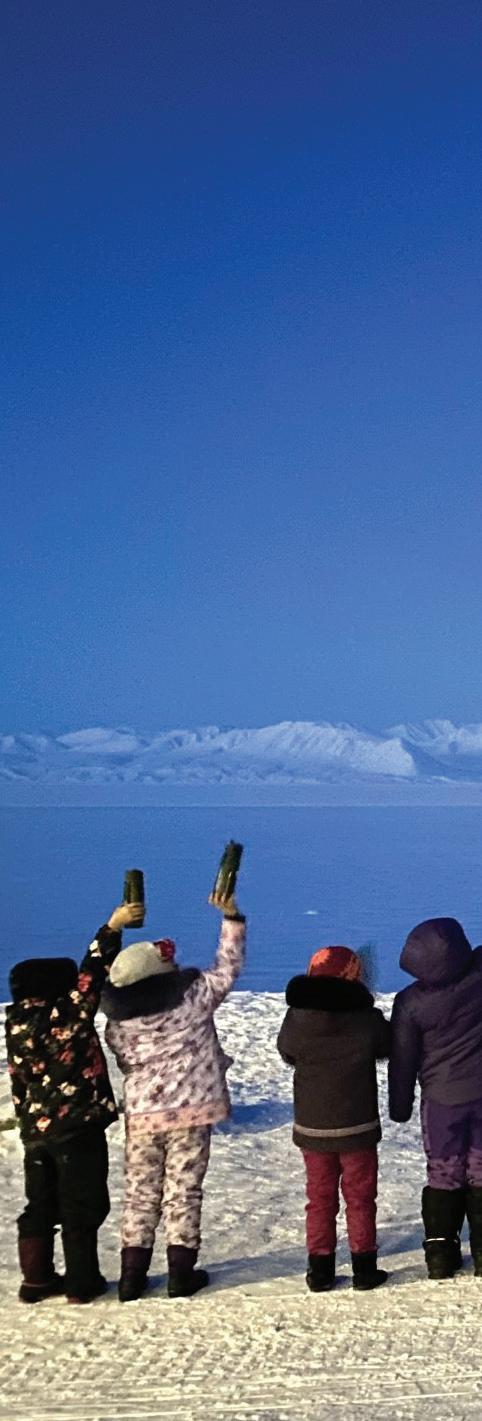

410 filters provided
410 people with safe drinking water

Since 2008, LifeStraw, alongside its former parent company, Vestergaard, has been dedicated to strengthening the Emusanda Health Center in Lurambi, Kenya. This facility serves as a critical hub for delivering essential primary, maternal, newborn, and pediatric care to the local community. Additionally, it offers comprehensive HIV testing, counseling, and treatment services. In 2017, we proudly contributed to the establishment of a state-of-the-art 12-bed maternity ward, outfitted with cuttingedge technologies previously unavailable in the region.
After the completion of the maternity ward, Emusanda was officially elevated to a health facility level, making it eligible for county government management and support. The facility is now resourced and operated by the county government of Kakamega. LifeStraw continues to cover gaps in the provision of medicine, employs a pharmacist, and provides additional stipends for extra nurses to ensure the facility is able to operate 24/7. LifeStraw and Vestergaard also donate LifeStraw household purifiers and PermaNet antimalarial mosquito nets to every mother that gives birth at the facility and to all families with children under five years of age.
The Emusanda Health Center has contributed significantly to the health of the local community. The facility has seen a significant increase in total females tested for HIV and a reduction in positivity rates. The opening of the maternity ward greatly increased the number of expectant women coming for antenatal care, and in 2022 and 2023, the clinic achieved 0% positivity rate in ANC patients tested for HIV.

369 BABIES BORN at Emusanda in 2023

1,756 girls with 7,024 pairs of period panties
As a company dedicated to realizing safe water as a human right, we recognize that the intersection of safe water, hygiene, menstrual health, and gender equity represents a critical nexus in the pursuit of global development and social justice. We firmly believe that a better future begins with the empowerment of women and girls, recognizing their pivotal role in building resilient communities and driving sustainable development.
That’s why we’ve launched our newest program, SafiCycle—a menstrual health and hygiene program dedicated to providing sustainable menstrual products and comprehensive reproductive health education to girls across the globe.
Did you know?! Safi means ‘safe’ in Swahili. Our mission is to empower girls and women by ensuring they have the resources for safe, dignified menstrual health.
In 2023, SafiCycle’s inaugural program reached 1,756 adolescents in Western Kenya with four pairs of The Period Company’s reusable menstrual hygiene underwear, along with ongoing training and education. Our hope is that access to high-quality, sustainable products will empower girls to manage their periods with dignity and comfort, ensuring they can fully engage in school activities and contributing to better health outcomes.
SafiCycle’s programming also aims to educate boys and men in the community—with the goal of fostering understanding, empathy and support, contributing to a more inclusive and informed society where everyone can participate in destigmatizing menstruation.
We look forward to scaling this program in 2024—with a goal of reaching at least 3,000 more menstruators!
LifeStraw's dedication to Diversity, Equity, Inclusion, and Belonging (DEIB) is at the core of its mission to provide safe water access to all communities worldwide and to breaking down barriers to access. In pursuit of this commitment, LifeStraw worked with external DEI consultants to shape a more comprehensive strategy, and define goals for ensuring that diversity and inclusion are embedded into key aspects of the organization. In 2023, LifeStraw’s DEIB committee conducted regular meetings, working with external consultants to layout a set of goals and action plans with which to enter 2024. The committee also worked on improving internal communication on DEIB by rolling out a monthly DEI newsletter celebrating the diverse backgrounds and contributions of staff members while spotlighting pertinent DEI-related content to foster ongoing education and awareness. In 2023, DEIB principles have also been integrated into performance reviews, and new trainings have been added for employees.

At LifeStraw, we aim to put diversity at the forefront of our creative work and creator partnerships. In 2023, we worked with agency partners to cast diverse talent for photo and video shoots. While identifying influencers to partner with, we proactively sought to be inclusive of all underrepresented groups. We have also consulted with external DEI consultants on the best way to track and report on content diversity. Currently, we have not found a best practice for marketing content diversity reporting. In 2024, we will be inviting our models, creators, and partners to complete an optional self-identification survey so that we can better track our quantitative performance against our diversity goals, and will continue to report publicly on the progress we’ve made achieving them.


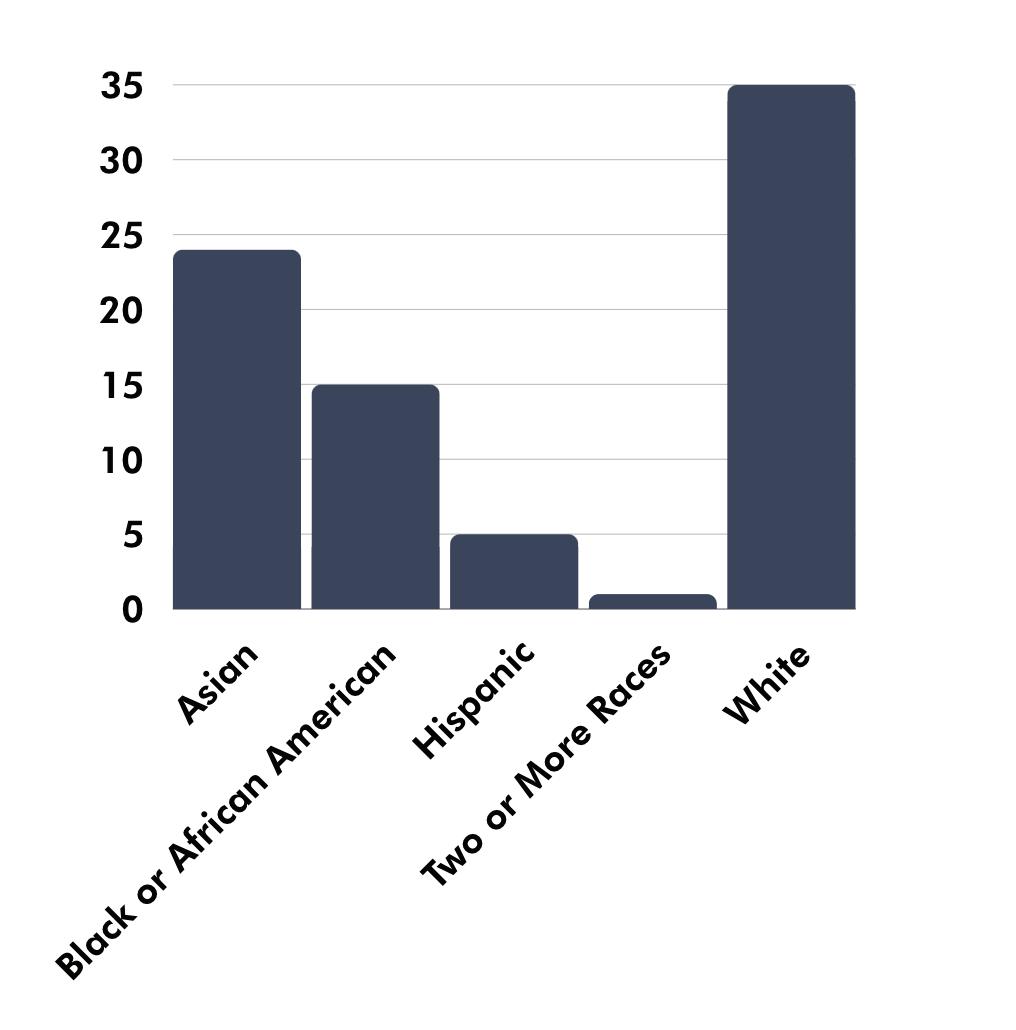
Jiggers, tiny yet devastating parasitic sand fleas, can cause immense suffering and health challenges for communities in affected areas. These pests burrow into skin, especially feet, leading to painful infections, swelling, and in severe cases, debilitating disabilities.
We've been on a mission to combat these silent invaders. Our team in Kenya helped the Ministry of Health to disinfect homes and schools, and meticulously treat individuals’ feet— providing relief and preventing the recurrence of these dreadful pests.
But our commitment doesn't stop there. Through a generous donation of 1,735 pairs of shoes from Burju Shoes, we've also been able to provide new, high-quality footwear to school kids—to prevent reinfection and provide comfort and dignity.


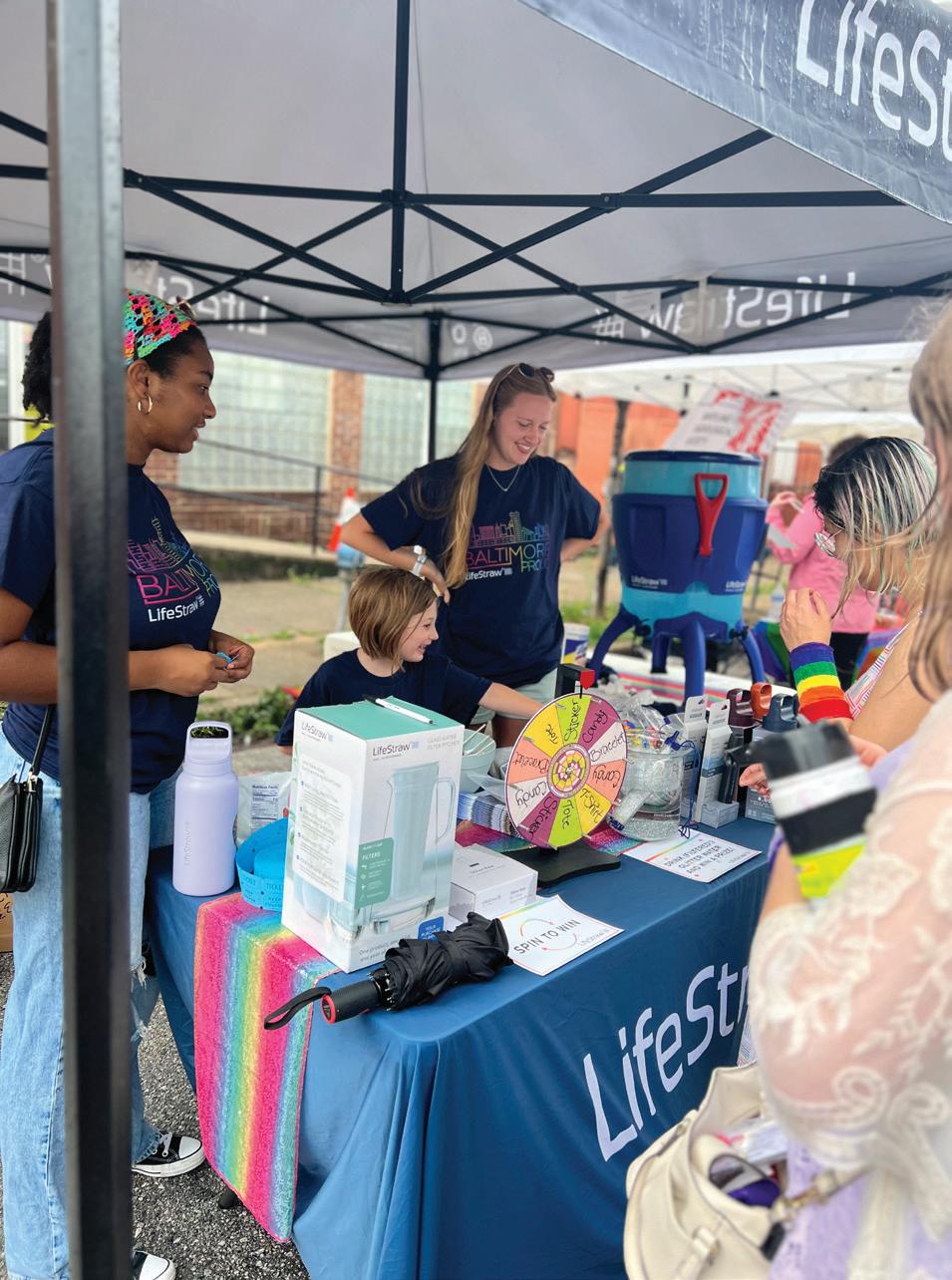

In honor and celebration of pride month, LifeStraw proudly sponsored a table at the Baltimore Pride Block Party! We had a (LifeStraw filtered) glitter water drinking challenge, drinking water refill station, filter raffle, candy, bubbles, facepainting, free giveaways and so much more!

Our USA team volunteered with nonprofits Project PLASE and Share Baby to help distribute baby items to local families. We also provided LifeStraw Home water filter pitchers (with a year supply of replacement filters) to ensure access to safe drinking water, especially for formula-fed babies and young children. The Home pitchers remove over 30 contaminants from drinking water, including lead and PFAS ("forever chemicals"), which have been shown to significantly impact children’s growth and development.
Our team in India volunteered at the 2023 New Delhi World Cleanup Day. They even won the plogging competition, collecting over 30kg of trash from the streets. (And if you’re unfamiliar with ‘plogging’ – as we were! It’s a combination of jogging while picking up litter.)

Our Vietnam team contributed to and prepared 187 lunch boxes of noodles and sweet soup, and distributed the meals to pediatric and low-income patients at the Tan Trieu Cancer Hospital in Hanoi.


Our Kenya team participated in World AIDS Day events across their communities – to provide access to safe drinking water to advocate for better health and rights for persons living with HIV. In Kenya, where the fight against HIV/AIDS is ongoing, access to safe water is critical. Unsafe water significantly impacts individuals living with HIV/AIDS by compromising their weakened immune systems, rendering them more susceptible to waterborne disease.
At LifeStraw, we embrace the journey of continuous improvement in our sustainability practices. We operate with an unwavering commitment to learning, listening and evolving— recognizing our pivotal role in the global efforts towards a net zero future. We acknowledge that our operations contribute to the challenges of climate change, even as our products and humanitarian initiatives strive to counteract its impacts. We firmly believe in the transformative power of businesses, and recognize not only our capacity to be part of environmental solutions but the moral imperative to take decisive action. We are steadfast in our dedication to accountability and transparency, we remain focused on minimizing our footprint and environmental impact.


As part of our commitment to minimize our company’s environmental footprint, LifeStraw partners with Climate Neutral—a rigorous third-party certifying body. Since 2019, we have proudly held Climate Neutral certification. Each year, we meticulously measure both direct and indirect emissions across our entire value chain and compensate for 100% of these emissions through the purchase of verified carbon credits.
In 2023, we partnered with Native, a public benefit corporation dedicated to collective action for a healthier planet and society. Our carbon offsets supported their Madagascar Solar and Efficient Cookstoves Project, which builds and distributes eco-friendly cookstoves, and provide training and education, to families and commercial users to replace open fire cooking. This project reduces deforestation and air pollution, while creating quality employment opportunities for Malagasy people.
In 2023, leveraging the greenhouse gas protocol and in consultation with climate experts, we developed a more robust internal emissions tracking system. This will allow us to visualize our emissions on a quarterly basis and make informed decisions to mitigate our emissions hotspots in real time.

SCOPE 1
49 tCO2e
5,226 tCO2e
Roughly
SCOPE 2
49 tCO2e
Indirect
SCOPE 3
5,131 tCO2e
Emissions from raw materials, manufacturing, shipping, air travel, and other activities in the supply chain.
We recognize that achieving climate neutrality is merely a temporary fix in the face of the climate crisis. We are committed to minimizing our carbon footprint in the long term, by continuously innovating and implementing sustainable practices across every aspect of our operations. We recognize the urgent need for systemic change and are determined to lead by example, advocating for sustainable solutions that prioritize the health of our planet for generations to come.
LifeStraw has committed to carbon reduction with rigorous scientific standards through the Science-Based Targets Initiative, which provides a framework for setting greenhouse gas emission reduction targets. This initiative’s Net-Zero Standard is the world’s first sciencebased certification of companies’ net-zero targets, aligning with the Paris Agreement’s goal of limiting planetary warming to 1.5°C.
OUR COMMITMENT: NEAR-TERM
1. Absolute reduction by 50% of operational emissions (scopes 1 + 2) by 2030
2. Measure and reduce scope 3
OUR COMMITMENT: LONG-TERM
1. 90% reduction by 2050
2. 10% permanent removal
BASED ON OUR CARBON AUDIT, WE HAVE IDENTIFIED THREE KEY AREAS TO REDUCE OUR EMISSIONS:
LifeStraw Office + Water Lab
Running our internal operations on renewable energy.
Shipping
Reducing air freight and switching to lower-impact delivery methods (for example, electric trucks for local transport). Moving manufacturing closer to market to reduce overall shipping.
Materials
Using lower-impact materials for products and packaging, and reducing packaging quantity.
In 2023, we made a significant stride towards sustainability at our Baltimore headquarters by transitioning to 100% green power. We have also developed a strategic roadmap to switch our water testing lab in Vietnam to 100% solar energy by 2030.
In 2023, we completed the first step with a comprehensive, independent energy audit, to identify short and long-term areas to improve energy efficiency.
The lab has also already implemented practices that have significantly improved energy efficiency including:
• In 2017, we made the switch to energy-efficient LED lighting, replacing outdated fluorescent systems. This simple yet effective change has resulted in an annual electricity saving of 13,500kWh.
• The introduction of automated on/off systems has further bolstered our energy conservation efforts, ensuring devices are only active when necessary.
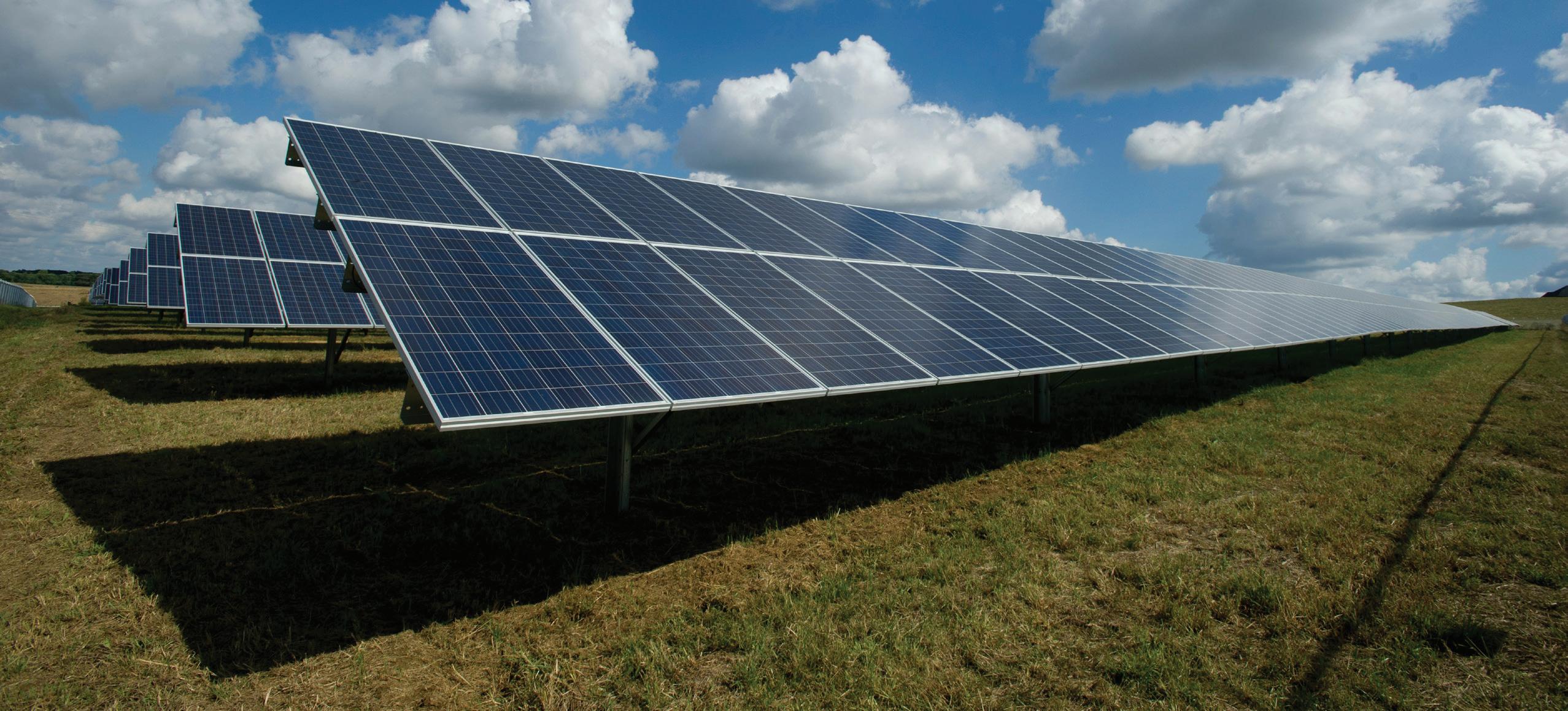
Our approach to packaging reflects our dedication to sustainability. We understand the critical role packaging plays in safeguarding the integrity of our products, yet we are equally determined to minimize its environmental footprint. From inception to production, every aspect of our packaging undergoes rigorous evaluation to ensure alignment with our sustainability and health principles. We prioritize the selection of environmentally-preferred materials and meticulously optimize packaging designs to eliminate any unnecessary material use.

•Optimize products to eliminate the need for packaging materials
•Eliminate unnecessary packaging material and avoid empty space
•Use recycled material where available or choose materials from sustainably managed and renewable sources (ie. FSC)
•Work with suppliers that comply with environmental best practices
•Source local where available in order to reduce shipping distance for packaging material
•Contrill secondary and tertiary packaging practices, such as over-boxing at warehouses or internal shipping of components for final assembly
•Select materials that are nontoxic, produce less waste and go through less hazardous chemical processes
•Ensure material transparency: all packaging material substances are declared, compliant with regulation and documented, including inks, coatings and adhesives
•Select materials with high recycling rates
•Ensure that coatings, inks and material combinations are consistent with recycling technology
•Apply appropriate labeling for how to recycle each packaging component
•Where possible, only use a single packaging material to help simplify customer recycling or reuse
•Avoid plastic packaging materials whenever possible
How2Recyle: recycling depends on our selection of recycled materials, and also depends on the end-users action to recycle. Unfortunately, there are many complexities when it comes to consumer, curbside recycling. We clearly label all of our packaging with How2Recyle logos so our consumers know exactly where they should be discarded.
LifeStraw is on a mission to rid ourselves and the planet of single-use plastics, both through the sales of our products and in our own supply chain. In a world where Americans alone purchase a staggering 50 billion single-use plastic bottles annually, averaging to 151 bottles per person, and where global consumption reached an alarming 583 billion water bottles in 2021, the urgency to act is undeniable.
According to the EPA, only 8.4% of plastics are actually recycled—the vast majority infiltrate our ecosystems, polluting streets, oceans, air and even our bodies.
LifeStraw is dedicated to providing sustainable solutions that reduce reliance on singleuse plastics, empowering communities to embrace reusable and eco-friendly alternatives for a cleaner, healthier planet. Through innovation and advocacy, we lead towards a plastic-free future.
In 2023, 134,956,708 single-use plastic water bottles were diverted through consumer purchases of LifeStraw bottle, pitcher and dispenser products!
580,000 gallons of water saved in testing optimization

Water is our planet’s most precious commodity; LifeStraw’s entire existence is predicated on the dedication to ensuring safe water as a human right for all, and this extends beyond our products. Our water lab in Vietnam is at the forefront of our conservation efforts; the lab implements initiatives to make processes more efficient and decrease overall water usage and consumption.
In 2023, we saved 320,000 gallons of water during durability testing of a new Home product, by reusing water through an innovative reflux system. We saved an additional 260,000 gallons of water through reused reverse osmosis purifier wastewater for the cooling system of the 1010 factory.
We've always made it a priority to partner with vendors and manufacturers who share our commitment to upholding high environmental and ethical standards, which are reflected in our Supplier Code of Conduct. This code mirrors our core values as a brand, emphasizing workplace and supply chain ethics, including physical and psychological safety, antidiscrimination, balanced working hours and conditions, fair wages and equal pay, animal welfare, and environmental responsibility.
In 2023, 100% of our suppliers for that year signed and agreed to abide by our Code of Conduct. Moreover, we implemented our first supplier sustainability survey, which aims to foster better engagement with our suppliers, measure their sustainability efforts and provide support for improvement where needed.
We’re also working with vendors on a much smaller scale, to encourage staff participation in daily environmental activities – like line-drying clothes instead of using the dryer.
SMETA (Sedex members ethical trade audit) is designed to help auditors conduct high quality audits that encompass all aspects of responsible business practices, covering Sedex’s four pillars of labor, health and safety, environment and business ethics. In 2023, LifeStraw completed SMETA audit for our two largest Tier 2 supplies (which account for 60% of all LifeStraw products). Our Tier 1 suppliers already have passed SMETA audits.
LifeStraw is committed to supply chain transparency through formal, industry recognized certifications. All current suppliers are ISO 14000 compliant (which means they’ve met standards set to minimize how operations negatively affect the environment) and our primary supplier is also ISO 45000 compliant (ensuring they’ve met all occupational health and safety standards). In 2021, we also certified seven vendors for International Sustainability and Carbon Certification (ISCC), a system established to ensure an international, practically viable, and transparent system for certifying biomass and bioenergy.
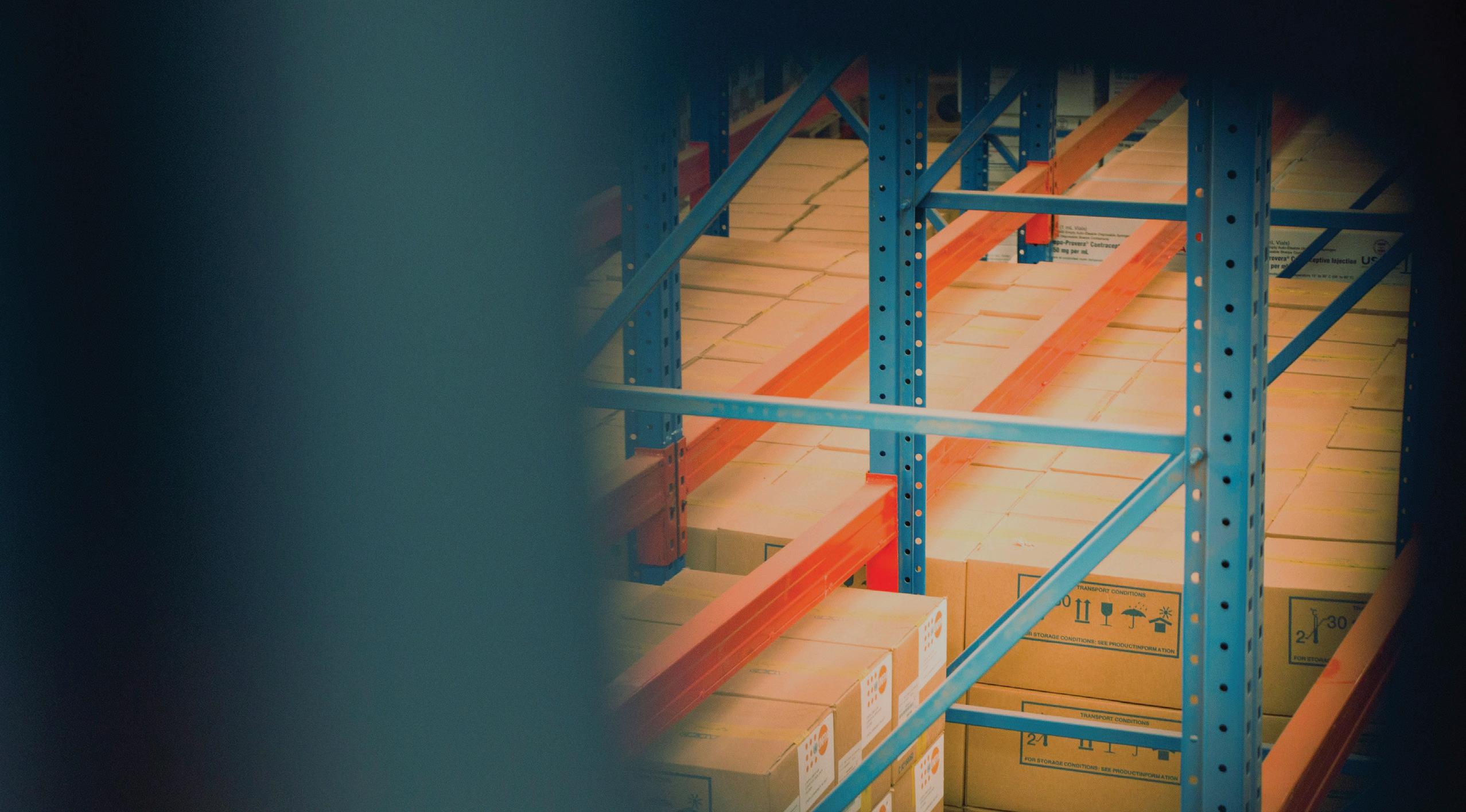

The quality of our products is the foundation of our supply chain. All products, components and materials that are in contact with drinking water are FDA compliant as food grade materials and BPA-free. In addition, we conduct comprehensive chemical testing to be aligned with emerging regulations including Prop 65 and other industry and retailer standards. We maintain and publicly share our Restricted Substances List to ensure that specific substances are limited or eliminated from our products and comply with all FDA and EU regulatory requirements.
Our chemical standards specifically take into account: The Food and Drug Administration US FDA 21CFR177, FDA 21CFR181, FDA CPG SEC. 545; European Regulation (EC) No. 1935/2004, Plastic regulation (EU) No. 10/2011, European Directive 84/500/EE; French decret No. 2007- 766, French decret No. 92-631, French Arrete Du Novembre 1992, French Law 2012-1442; German 1 September 2005 (LFBG), DIN 51032:2017 and their amendments.
• LifeStraw will donate over 830k Guinea worm filters to The Carter Center. LifeStraw is committed to supporting The Carter Center through eradication.

• LifeStraw will scale-up our community safe water and climateresiliency program in South Sudan, and expand into at least one new region.
• LifeStraw will continue to respond to natural disasters and emergencies, and emerging and ongoing humanitarian crises domestically and abroad.
• LifeStraw will reach over 10 million kids with a year of safe water through it's Give Back program.
• LifeStraw will continue to promote the advancement of women and girls in our safe water programs, and through support of Emusanda Health Center and expansion of SafiCycle, our new menstrual health and hygiene program.
• LifeStraw will recommit to our internal Think Globally, Act Locally initiative to support employee community engagement. We will afford each employee at least one workday per quarter to support local volunteer opportunities for reach respective LifeStraw office. We will continue to implement a larger project on Giving Tuesday.
• LifeStraw will launch a set of training and learning modules for staff related to DEIB, and implement the strategic roadmap developed in 2023.
• LifeStraw will work more closely with local city and state officials and key community leaders to examine the best ways to support safe water locally within Maryland.
• LifeStraw will integrate supplier diversity and sustainability metrics into annual supplier evaluation and implement supplier improvement plans.
• LifeStraw will measure and offset all 2023 company greenhouse gas emissions and continue implementation of our strategy to reduce all scopes emissions, including reduced logistics- and energy-related emissions.

• LifeStraw will implement a human rights based communications plan.
• We will develop a review of options and recommendations for reducing plastic in existing product packaging. All new products will be housed in plastic-free or other environmentally-friendly materials.
• LifeStraw will develop new recommendations for suppliers' social impact and sustainability certifications or reviews.
• LifeStraw will develop a plan for PFAS destruction, including a recycling system for filters.
At the core of our collective human experience is an undeniable truth: safe water is a human right. We are committed to making this right a reality for all, and your support has been the cornerstone of our mission. Because of you, we've reached a remarkable milestone--over 9.7 million kids with access to safe water. So from us to you, thank you.

